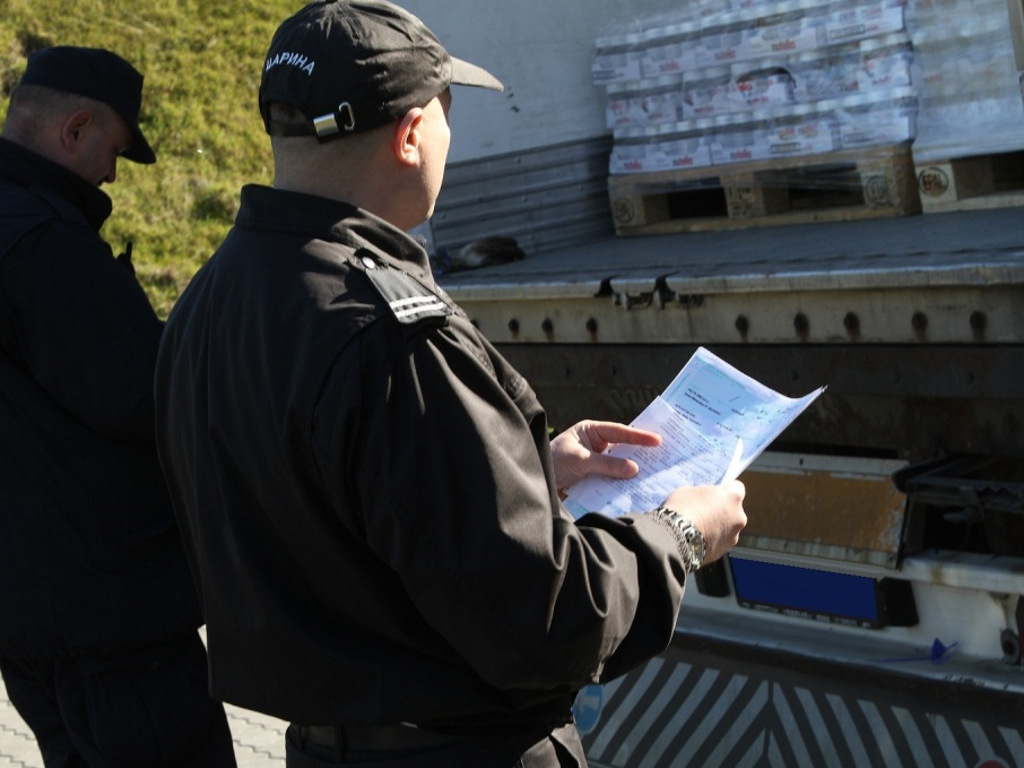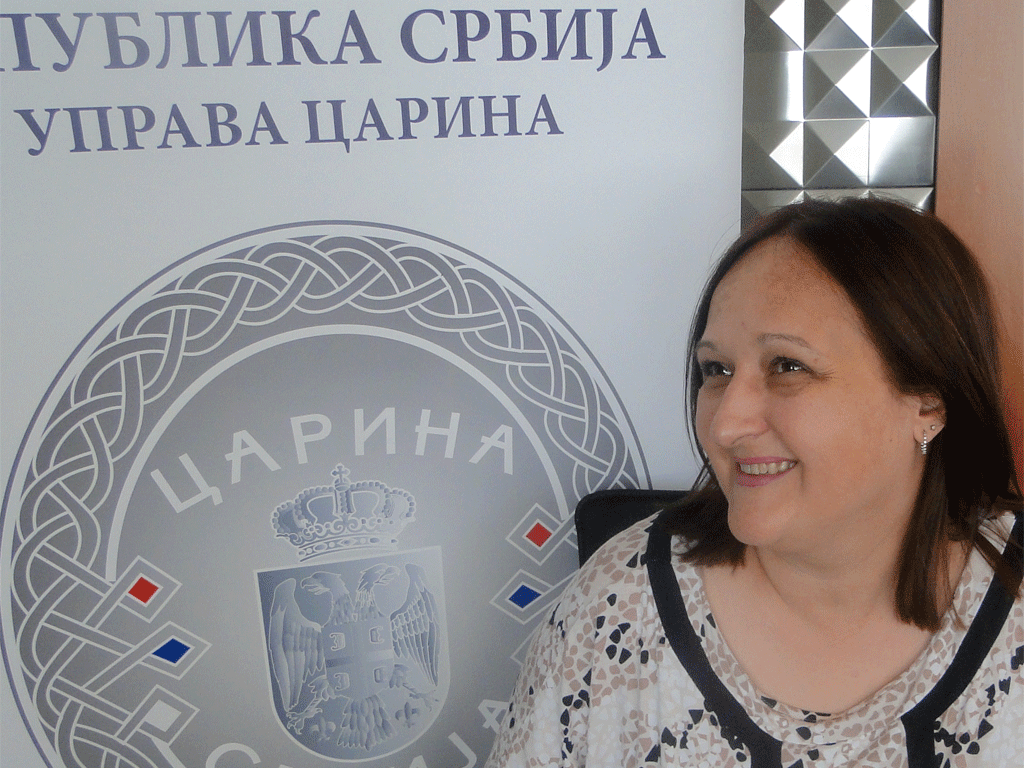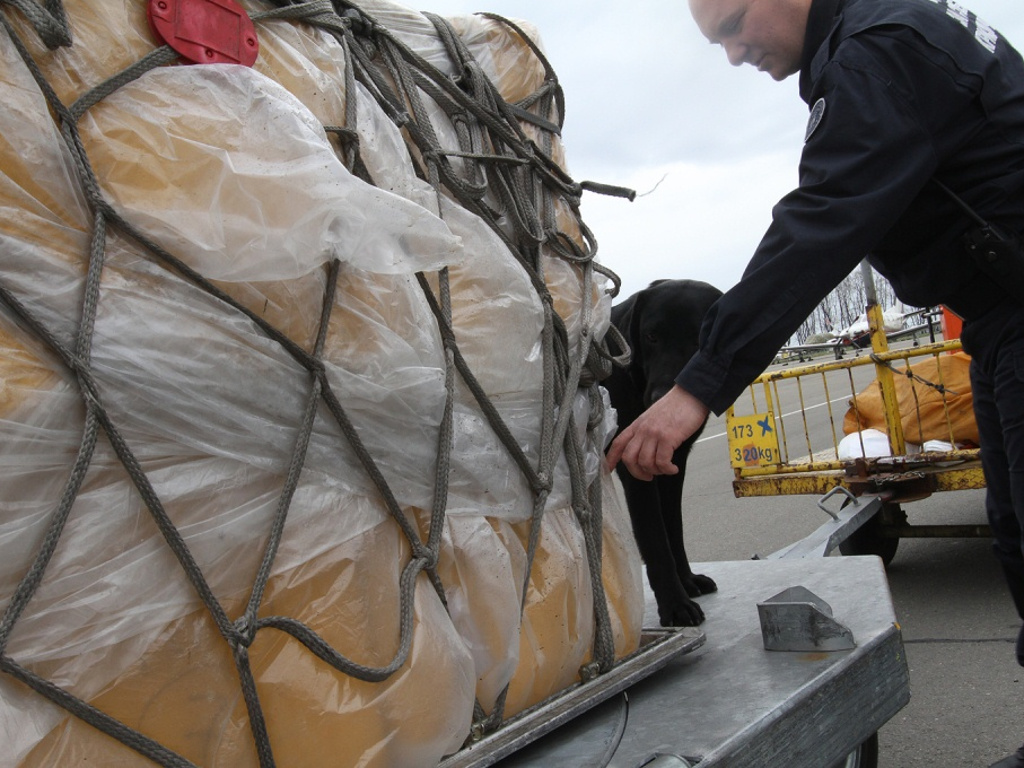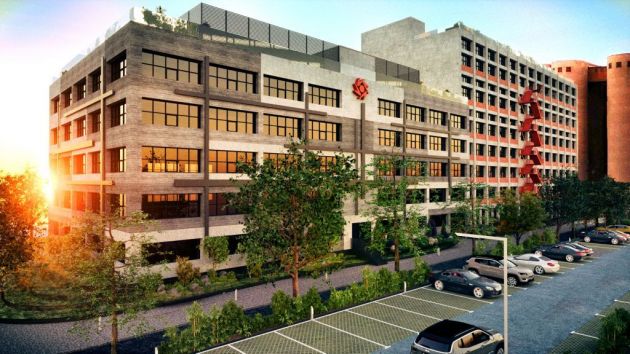Import-export procedures take 5 to 90 minutes – Results of measuring customs operations in Serbia published
 Thursday, 13.07.2017.
Thursday, 13.07.2017.
 15:55
15:55

Although waiting at the border is often thought to be solely down to the customs operations, there are in fact several factors at play, such as the dynamics of the administrative operations of the neighboring countries, which are often slowed down due to increased control carried out in the EU countries.
Nevertheless, to the end of improving the efficiency of customs and other procedures in the goods import and export process, as well as bringing the country in line with the obligations defined by international agreements in the field of trade facilitation, the Customs Administration of the Republic of Serbia has carried out a study measuring the time needed to carry out the procedures of the import and export of goods in road and air transport.
The results of the study say that the average customs time in import in road transport is 45 minutes at border crossings and 1 hour and 32 minutes at the inner terminal. The average customs time in export in road transport is 1 hour and 15 minutes at the inner terminal and 5 minutes at border crossings. The entire import process in road transport takes an average of 8 hours and 22 minutes, whereas the export process takes 6 hours and 47 minutes.
As for air transport, the average customs time in import is 3 hours and 47 minutes and the export takes 1 hour and 38 minutes. The entire import procedure takes 2 days, 21 hours and 19 minutes, whereas the export takes 1 day, 1 hour and 44 minutes.
Aleksandra Ilic, head of the Simplified Customs Procedure Department at the Customs Administration, says for eKapija that the study was carried out in cooperation with and with the expert support of the World Bank Group, in line with the methodology of the World Customs Organization, whose software was used to collect and process the data.
– We have been officially praised by the World Bank, which has notified us that the number of questionnaires filled out in Serbia exceeds that of the countries where it has recently been providing help in implementing the time measuring study and that it amounts to as many as 2,386 for import and export in road and air transport. Furthermore, we have been praised for implementing a new approach to creating the questionnaires for this study and for the fact that we have managed to secure a more intensive involvement of the private sector in it.

The customs outposts with the biggest number of registered and processed customs declarations, based on the data from previous years, were used to measure the time, and the measurement was carried out in March 2017 at the Belgrade Airport customs outpost, border crossings Horgos, Batrovci and Presevo, as well as at the Terminal Beograd customs outpost.
– In carrying out the study, the time needed for the key elements of the procedures of all individual controlling bodies, but also of all private participants in the process of customs and goods clearance, was measured. We were supported in carrying out the study by the competent inspection services: the veterinarian service, the phytosanitary and sanitary service, the Border Police, the Belgrade Airport, all customs representatives, transporters, importers, exporters and interviewers – Ilic says.
Our interviewee explains that the data from the study provide enough information and recommendations for further enhancement and facilitation of trade.
In order to enhance the system, all the jobs and tasks performed by customs and other bodies, including the working hours, need to be adjusted to the needs of the business community, so as to ensure an unobstructed traffic flow and accelerate the transport of sensitive and easily spoiled goods.
Furthermore, it is recommendable to expand the implementation of simplified procedures, as well as the number of business entities using them, as well as to promote a more encompassing implementation of programs for authorized business entities.

Simplified customs procedures
In order to provide support to the development of the economy of the Republic of Serbia and enable companies to operate more easily and quickly, the Customs Administration has been implementing simplified customs procedures based on special authorizations to companies operating conscientiously and in line with the law since 2010.
– The number of companies using simplified customs procedures is constantly growing, enabling them to operate in a more efficient and economical fashion. At this moment, 96 business entities are benefiting from the so-called “domestic customs clearance”, 297 clearances for simplification on an invoice basis have been issued, as well as 111 clearances for authorized receivers in the national transit, 81 authorized senders, 3 authorized receivers in line with CIM in the national transit, 9 certificates of authorized business entities, as well as 76 authorized exporters – says Aleksandra Ilic.
Doing Business list
Ease of Doing Business is an index formed by the World Bank in order to provide an objective basis for enhancing the regulatory environment in doing business. The annual research is published as Doing Business and monitors business entities in a country and the regulatory measures applied to companies.
– Seeing how one of the indicators of the index is cross-border trade, accelerating and simplifying this procedure leads to a better position of the Republic of Serbia on the Doing Business list, which sends a positive signal to foreign investors – our interviewee concludes.
Marija Kambic
Most Important News
06.04.2024. | Agriculture
Preconditions for Placement of Fresh Blueberries and Dried Plums in Chinese Market Secured

16.04.2024. | News
Jovan Ciric, Leasing Director Retail MPC Properties – MPC Echo symbolizes our desire for good ideas and innovative endeavors to spread freely and bring about positive changes

16.04.2024. | News
10.04.2024. | Finance, IT, Telecommunications, Tourism, Sports, Culture
Creative Industry – What This Serbian Economy Sector Worth EUR 2 Billion Encompasses

10.04.2024. | Finance, IT, Telecommunications, Tourism, Sports, Culture
26.04.2024. | Construction
New business quarter in the center of Belgrade – Artklasa, a place where employees love to go to work

26.04.2024. | Construction
16.04.2024. | News
Economy Fair in Mostar opens – 26 companies from Serbia exhibiting

16.04.2024. | News
25.04.2024. | Industry, Transport
Chinese company Lianbo opens car engine part factory near Novi Sad

25.04.2024. | Industry, Transport


 Izdanje Srbija
Izdanje Srbija Serbische Ausgabe
Serbische Ausgabe Izdanje BiH
Izdanje BiH Izdanje Crna Gora
Izdanje Crna Gora


 News
News









